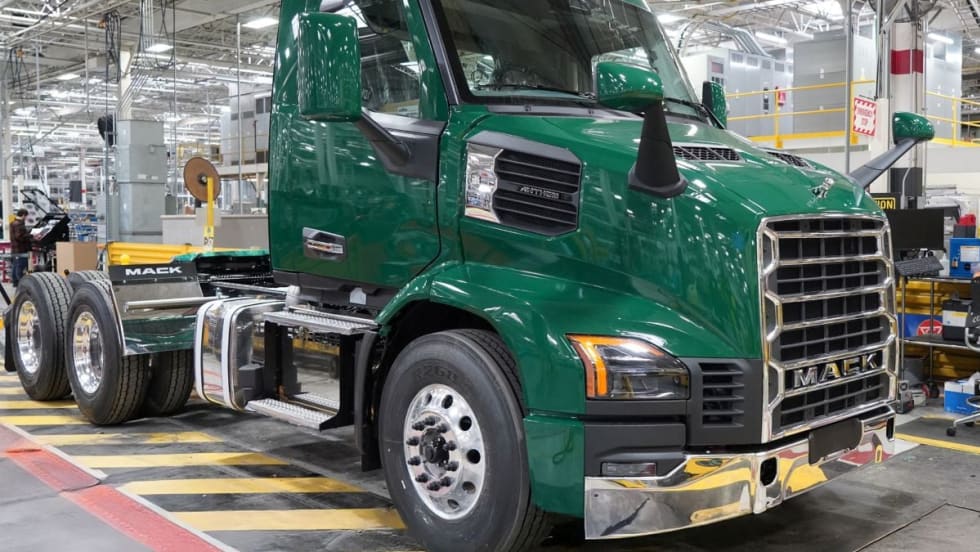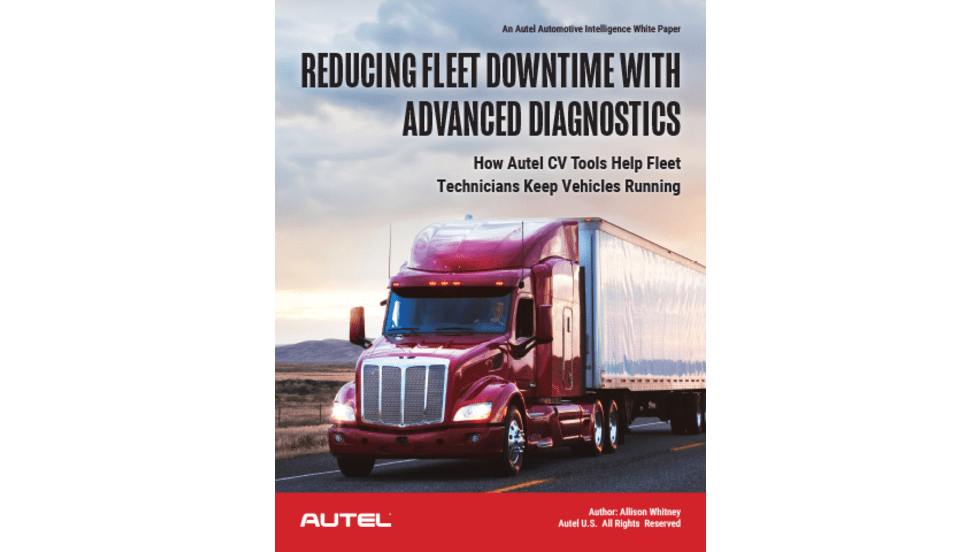Over 90 associations and organizations representing various sectors of the supply chain, including trucking, are calling for the Biden Administration to take five actions to address the immense challenges impacting the U.S. supply chain.
A coalition of associations — including the American Trucking Associations, Truckload Carriers Association, National Tank Truck Carriers, NATSO and the Next Generation in Trucking Association, among other trucking organizations – is calling for the administration to:
Support a pilot program to enable employers to create an apprenticeship program to allow qualified drivers between the ages of 18 and 20 to operate in interstate commerce.
Promote careers in transportation and the supply chain.
Give flexibility on the COVID-19 vaccine mandate.
Provide relief and greater flexibility to the hours of service regulations.
Investigate the causes of inefficiencies at ports, and work collaboratively to minimize bottlenecks.
1. Support a Younger Driver Pilot Program
In order to attract younger commercial truck driver into the industry, the coalition of associations says they strongly support a pilot program that will enable employers to create a two-stage, safety-focused apprenticeship program to allow younger, qualified drivers – between the ages of 18 and 20 – who satisfy rigorous safety, training, and technology requirements to operate in interstate commerce.
“With 49 states and the District of Columbia already allowing drivers under the age of 21 to get their commercial driver’s license and operate intrastate, this pilot program will provide a real opportunity to address current and future driver shortages by promoting a career pathway in trucking and developing a professional, qualified, and highly-trained emerging transportation workforce,” they wrote.
2. Promote Careers in Transportation and the Supply Chain
The coalition encourages federal agencies, including the U.S. Departments of Transportation and Labor, to collaborate with industry and state and local partners to promote transportation and supply chain occupations, particularly commercial truck driving, as a career of choice.
“Commercial truck drivers enjoy stability, good benefits, and higher-than-average wages,” they wrote. “We can improve the lives of many unemployed and underemployed Americans by giving them opportunities for advancement while boosting the economy.”
3. Give Flexibility in Vaccine Mandates
The coalition asks for flexibility for transportation and supply chain essential workers regarding a COVID-19 vaccine mandate, particularly for truck drivers who spend most of their time in their trucks and have minimal contact with colleagues and customers.
“We are concerned a [vaccine] mandate will cripple an already strained supply chain,” the stakeholders wrote. “We estimate companies covered by the mandate could lose 37% of drivers at a time when the nation is already short 80,000 truck drivers.”
4. Hours of Service Relief
The coalition says they continue to support last year’s changes to the hours of service regulations that give commercial truck drivers greater flexibility while improving safety and efficiency.
“We encourage the administration to retain these changes and consider providing additional flexibilities that may be needed for the timely delivery of essential goods and that make sense from a safety and operational standpoint,” they wrote. “Such flexibility is particularly important at ports that are open 24 hours to help alleviate current bottlenecks.”
5. Flow of Goods through Ports
The coalition encourage the administration to continue to investigate the causes of inefficiencies at the nation’s ports, draw input from a wide variety of supply chain stakeholders, and work collaboratively to minimize the bottlenecks and operational practices that prevent the seamless movement of cargo through the supply chain.
“Through continued dialogue and information sharing, appropriate action can be taken to ensure resources and equipment are utilized efficiently and effectively to improve performance at our nation’s ports,” they wrote. “We stand ready to assist in any way we can.”
The coalition includes representation from the agriculture, foodservice, warehousing, manufacturing, retail, construction and energy industries.
“While we represent different industries, we share the common burden of current supply chain disruptions, which are driving up prices and leading to a growing shortage of goods in the United States, with the holidays just around the corner,” the coalition wrote in a letter to the administration.














